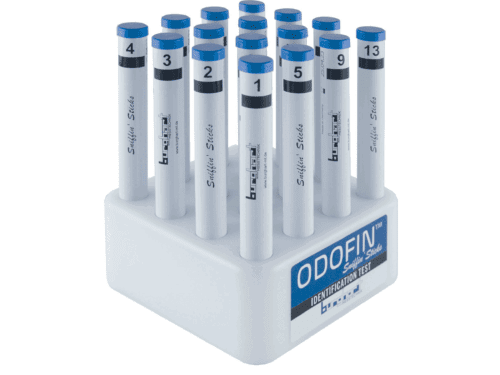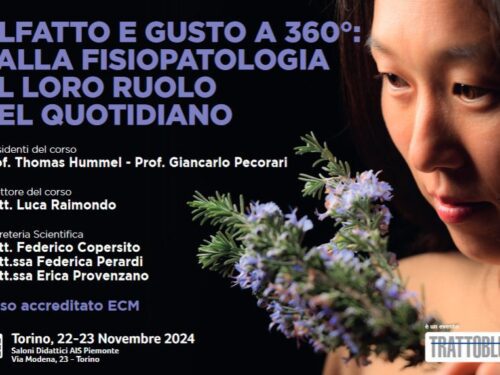
Hyposmia is a medical term used to describe a reduced sense of smell, which means that a person is less sensitive to odors than normal. People with hyposmia can still perceive odors, but with less intensity than people with a normal sense of smell. It can range from mild to severe decreased sense of smell.
What types of hyposmia are there?
There are different forms, depending on the degree of reduced sense of smell and the underlying causes:
- Partial hyposmia: In this form, the sense of smell is somewhat reduced, but people can still detect a wide range of odors, albeit less intense than normal.
- Severe hyposmia: In this case, the reduced sense of smell is significant and people can perceive only some odors, usually only those of strong intensity.
- Congenital hyposmia: Some people may be born with a reduced sense of smell, which can range from mild to severe hyposmia.
- Acquired hyposmia: This refers to cases in which the sense of smell is impaired after birth, usually due to trauma, infection, neurological disorder, or other factors.
- Progressive hyposmia: This is a form in which the sense of smell gradually decreases over time.
What can I do?
As with anosmia, it is important to seek medical attention if someone experiences hyposmia, especially if it occurs suddenly or is accompanied by other symptoms. A thorough examination by an ENT specialist can help identify the cause and determine appropriate treatment options, if available. Sometimes hyposmia can be treated if the underlying cause is identified and effective measures are taken.
Can hyposmia be treated?
Treatment depends on the underlying cause and severity of the reduced sense of smell.
- Treating the underlying cause: If it is caused by an infection, allergies, polyps, or other treatable conditions, treating this underlying cause can help improve the sense of smell.
- Smell training: this involves regularly smelling different odors to stimulate the olfactory nerves, which can be useful in improving the sense of smell.
- Medications: In some cases, medications, such as corticosteroids, may be prescribed to reduce inflammation in the nasal and sinus passages and improve olfactory perception.
- Surgical interventions: If hyposmia is the result of structural problems in the nose, such as polyps, surgery may be considered to remove them and improve airflow.
However, it is important to note that not all forms are completely curable. Some cases may be permanent, especially if they result from neurological disorders or other irreversible damage to the olfactory nerves or sense of smell.
Advice regarding anosmia
If someone is experiencing hyposmia, it is advisable to consult an otolaryngologist for a thorough evaluation and to determine the best treatment strategy based on the specific situation. In addition, it may be helpful to consult a dietitian or nutritionist to learn how other senses, such as taste and texture, can be used to enjoy food, since smell plays an important role in taste perception.
Read more about the different smell disorders on the next page: smell disorders







